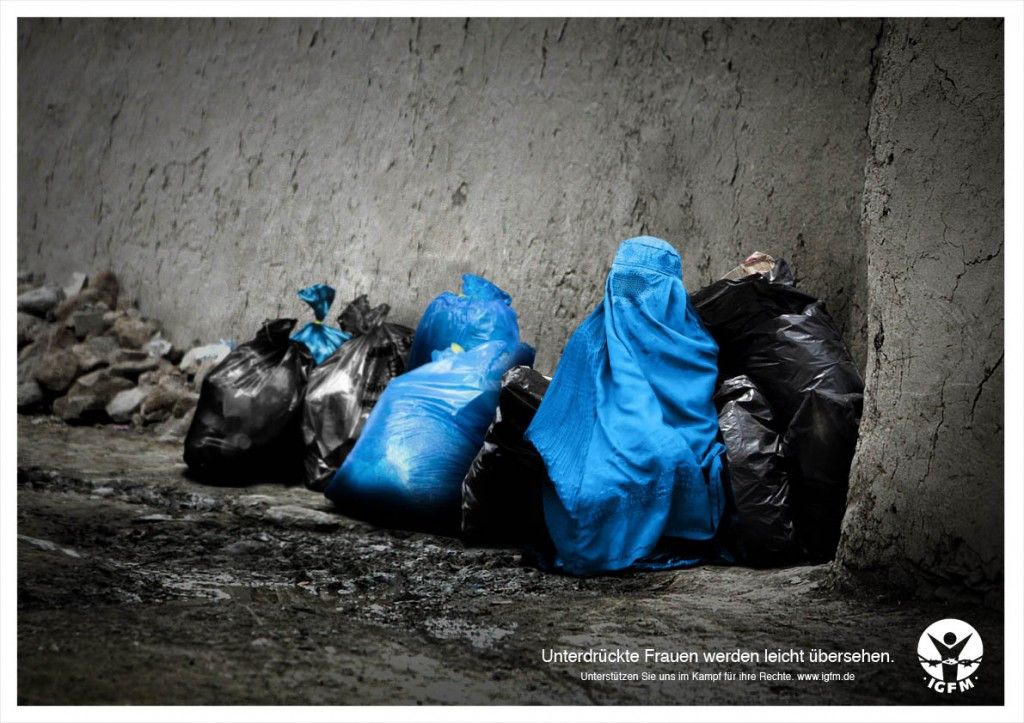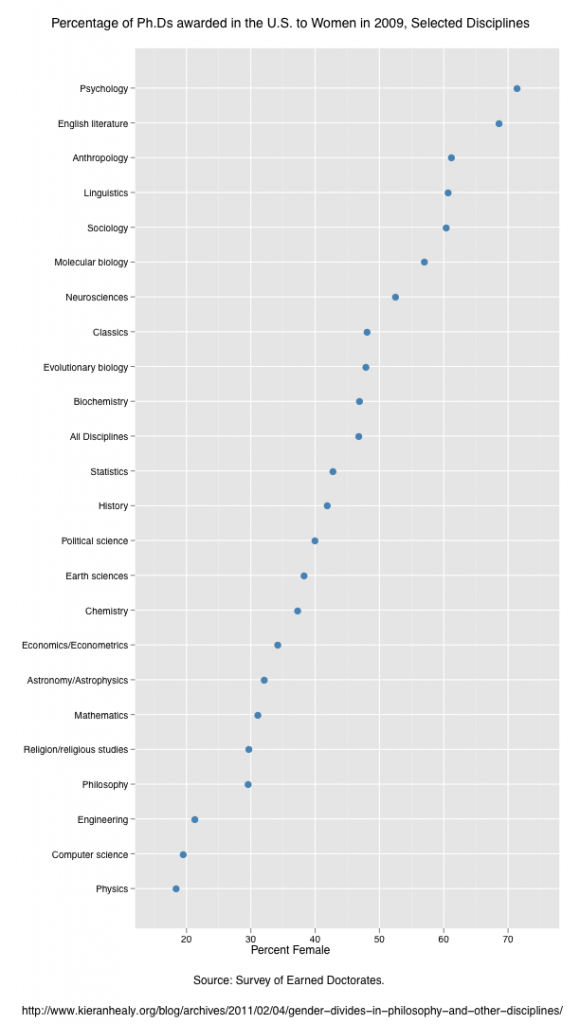
I saw this commercial at least a dozen times before I noticed the erasure of any clue that the man’s wife had a career or anything at all to do with herself, other than follow her man. After all, if my partner up and moved to Istanbul, I could just up and go. Couldn’t all wives? What’s the chance that we’re doing anything important, after all?
Lisa Wade, PhD is an Associate Professor at Tulane University. She is the author of American Hookup, a book about college sexual culture; a textbook about gender; and a forthcoming introductory text: Terrible Magnificent Sociology. You can follow her on Twitter and Instagram.









